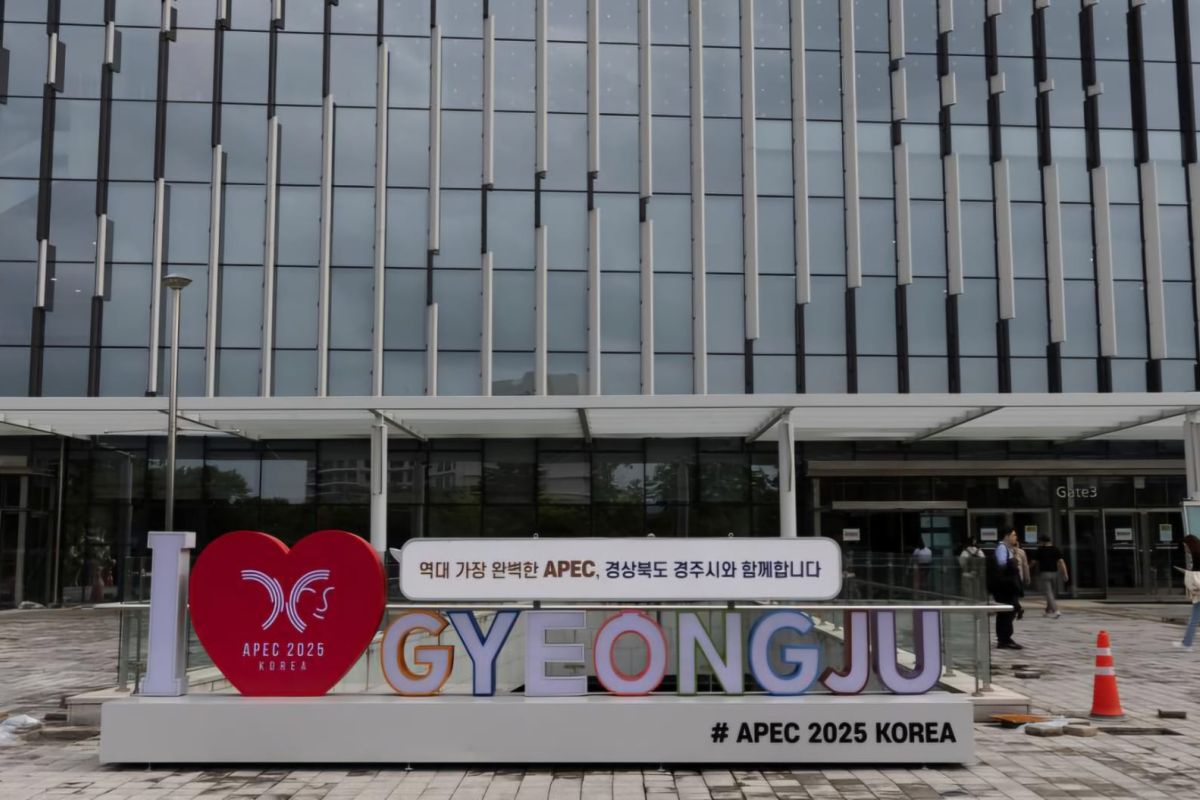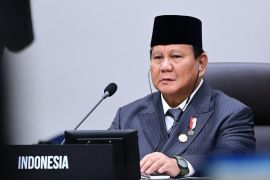The forum reaffirmed APEC’s commitment to harnessing digital innovation and building resilient supply chains to achieve inclusive economic growth.
In his opening remarks on Thursday, as mentioned in a statement posted on APEC's official website, South Korean Trade Minister Yeo Han-Koo highlighted his country’s long journey from post-war hardship to becoming a global trading powerhouse.
He said that Korea’s success reflects the spirit of openness and trade that has long defined the Asia-Pacific region.
“The Korean success story mirrors the broader experience across the Asia-Pacific region. Since APEC was established in 1989, trade and investment facilitation have lifted more than one billion people out of poverty,” Yeo stated.
He added that amid major shifts in the global economy, the spirit of openness and cooperation has become increasingly vital to revive.
The APEC region is home to over 40 percent of the world’s population, contributing more than 60 percent of global GDP and about 50 percent of international trade.
However, this economic strength also comes with major challenges, including demographic changes, technological disruptions, and shifts in trade flows that demand adaptive responses from its member economies.
To address these challenges, Yeo proposed enhancing connectivity through an approach known as open plurilateralism - a flexible and voluntary model of cooperation that complements the multilateral trading system. This approach, he said, would help strengthen APEC’s role as an incubator of new ideas in global economic and trade policy.
Yeo also emphasized the importance of developing digital trade and collaboration in artificial intelligence (AI). He highlighted South Korea’s “AI for Trade” initiative and the planned launch of the “AI for Supply Chains” project in 2026, aimed at strengthening the region’s digital ecosystem.
“APEC economies account for more than one-third of global digital service exports and lead in AI technology. As digital divides widen, both among countries and between large enterprises and small businesses, Korea is committed to ensuring that all APEC members can share in the benefits of digital and AI innovation,” he said.
The ministers agreed that the discussions should translate into concrete actions. They underlined the need to improve digital readiness, enhance competitiveness, and reduce digital gaps among member economies. Coordinated policy measures, they noted, will be essential to strengthen regional supply chains and promote inclusive growth.
“What we need today is the Gyeongju spirit. Openness and cooperation will guide us toward a more peaceful and prosperous future for the Asia-Pacific,” Yeo concluded.
The APEC ministerial meeting also served as a prelude to the APEC Economic Leaders’ Meeting, scheduled for October 31 to November 1 in Gyeongju.
The event marks the final ministerial forum under South Korea’s 2025 chairmanship, reaffirming APEC’s renewed commitment to advancing digital cooperation and cross-border trade integration across the region.
Related news: APEC senior officials reaffirm sustainable, inclusive growth goals
Related news: Indonesia boosts investment diplomacy at APEC IEG2 forum
Reporter: Asri Mayang Sari
Editor: Primayanti
Copyright © ANTARA 2025











